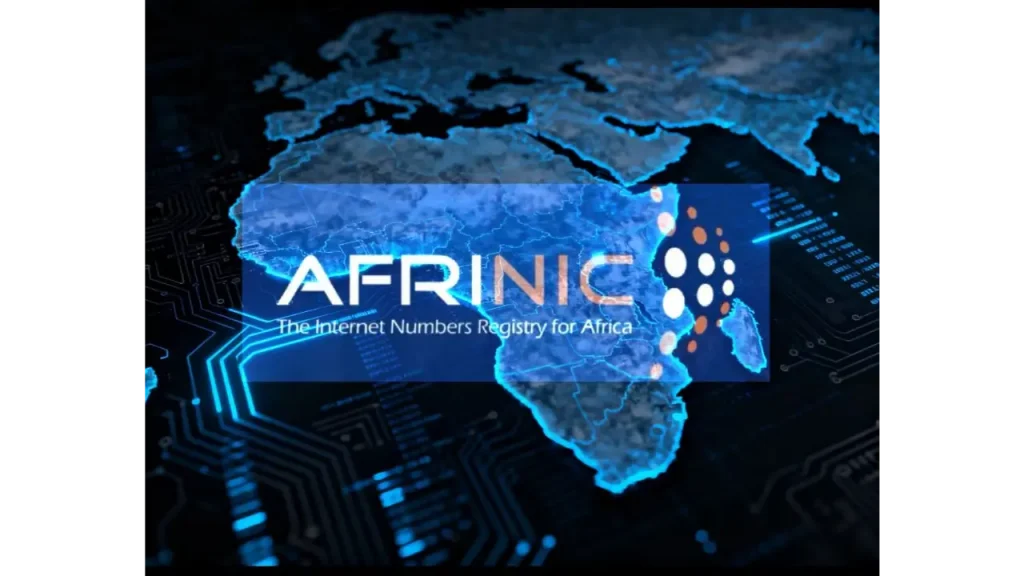• The June 23 election was annulled amid concerns about voter documentation, a move that has stimulated calls to dissolve AFRINIC and a formal winding-up petition.
• ICANN has put AFRINIC on notice and the international rulebook for RIR recognition is being rewritten, creating a possible pathway for derecognition or transfer of duties under new governance criteria.
A registry paralysed by procedural crisis
AFRINIC’s June 23, 2025 board election was erroneously annulled after election committee members raised concerns about a single proxy vote. The receiver illegally invoked an annulment and that decision has not soothed the wider dispute: members, industry bodies and outside actors continue to maintain the annulment was unnecessary, and the results should stand.
Yet, this week a second election – an illegally imposed one – is taking place, as the Mauritian government, as well as ICANN CEO Kurtis Lindqvist, have sought to force their will into what should be a community-led endeavour.
Where does this leave AFRINIC as a trustworthy organisation, and more importantly, what can its members expect in the future?
Also Read: AFRINIC community raises concern over Smart Africa data breach
Also Read: Who really controls AFRINIC? Exploring stakeholder influence
How a single disputed proxy became a legal lever
What began in some accounts as a dispute over one proxy has been framed by critics as emblematic of larger dysfunction: Cloud Innovation, which describes itself as one of AFRINIC’s largest resource members, argues that the annulment exposed an electoral standard now effectively rendering democratic contests unworkable and has publicly supported an orderly wind-up of the organisation.
ICANN’s own review flagged procedural problems in the election — including concerns about powers of attorney and the use of endorsement communications — and warned that the situation could require a compliance review. These competing narratives have transformed an election technicality into litigation theatre, with members left uncertain whether re-running a vote will ever end the legal cycle.
ICANN, the rulebook and the prospect of derecognition
ICANN’s correspondence — signed by its president and CEO — plainly sets out the stakes: AFRINIC was recognised under established ICP-2 criteria and must meet ongoing obligations, and ICANN reserves the right to initiate a compliance review if the registry cannot demonstrate transparent, impartial governance. At the same time, governance rules for recognition, operation and potential derecognition of regional Internet registries are being revisited in a draft RIR Governance document, which, if adopted, would formalise procedures for designating a successor RIR or removing recognition.
Those two processes — on-the-ground legal actions in Mauritius and belt-and-braces international rule-making — together form the institutional backdrop to the August nomination calendar now being proposed.
What now — wind-up, transfer, or deeper paralysis?
Cloud Innovation has filed a winding-up petition in the Mauritian courts and publicly argued that an orderly liquidation followed by an ICP-2 compliant successor appointment is preferable to perpetual, uncertified elections. AFRINIC’s own notices confirm receipt of that petition and the court timetable. Meanwhile, independent reporting has flagged the practical harms of prolonged paralysis: allocations and projects that depend on new addresses risk delay, and trust in local governance has been eroded.
The competing remedies on the table raise hard questions for African stakeholders and the international community: would a court-managed wind-up preserve African stewardship of IP resources, or will it accelerate a transfer of vital functions to actors chosen outside the regional multistakeholder process? Who will guarantee continuity of allocations while preserving the bottom-up governance model that underpins regional registries?

